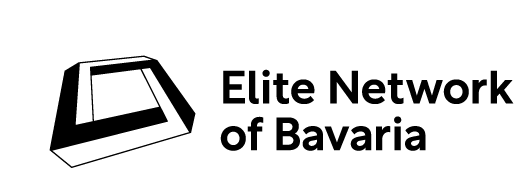
Canva
Stories of Change (Narrative Ethics for a Great Transformation)
If we want to succeed in building a good sustainable future for all, we need visions and stories about how this future looks. And we need ethical skills and moral values to carry them.

Pia Wimmer
Six years after the Paris Agreement of 2015, it is dawning on us that we will probably fail to limit global warming to 1.5 – or even 2 degrees Celsius. And we are not only facing climate change. The mass extinction of species, the destruction of ecosystems and their vital services, the exploitation of natural resources, the continuous violation of human rights that sustains our global economy are no less pressing challenges. But change without a significant reduction of production, consumption, and waste will not be possible. The chance of healing our planet comes from a world with limited economic growth and an economy based on sufficiency and public welfare – contrary to the maximum benefit of a few all-devouring global players.
But there are no technological quantum leaps to be expected so far, no miraculously overnight transformation. It is on us to let the urgently needed transformations become a reality. What we need are new values and moral ideas with the power to connect and build a collective identity on how to protect our precious habitats, our “spaceship earth,” as put by Buckminster Fuller. We need a new understanding of affluence and growth that places the wellbeing of communities in the center. And we need an understanding of ourselves as parts of the earth’s biosphere, deeply dependent on all other parts.
These thoughts are rarely addressed in sustainability discussions. All the more, they need to be actively transported by science, pedagogy, and environmental communication in general. But where is the how for becoming “new humans”? I believe it lies in the stories we tell about our common future; about how living, working, enjoying will look like in 10, 50, 100, or 500 years. With my project, I hope to contribute to envisioning our future society, building powerful manners of narrating it, and developing ethical skills for a sustainable and good future for all.
Pia Wimmer is a Ph.D. student at the Wissenschaftszentrum Umwelt, Augsburg University. Contact: pia.wimmer@kthf.uni-augsburg.de

